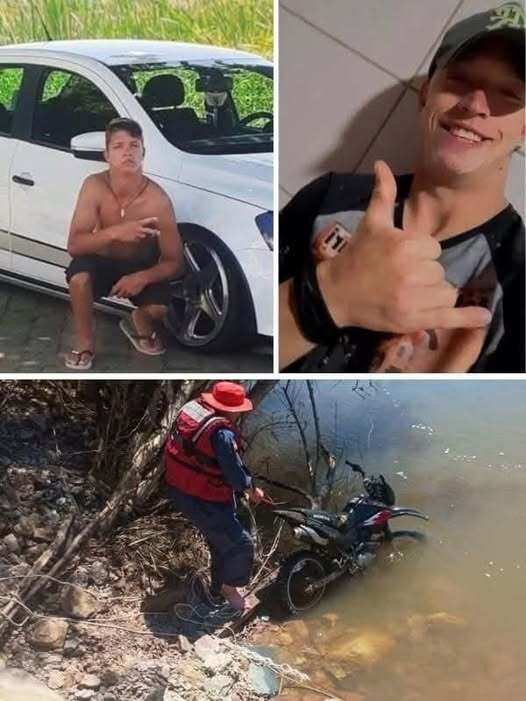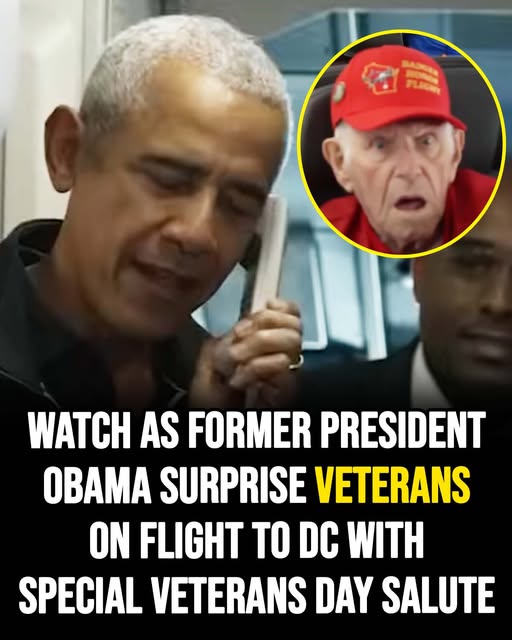They Fired Me After 40 Years Of Driving School Bus Just Because Some Parents Saw Me at a Motorcycle Rally
She’d been right, as she so often was.
When the last rose was placed, Tommy Wilkins took the microphone. His voice, once shaky with PTSD, was now strong and clear.
“Many of you know me as Coach Wilkins from the high school,” he began. “What you may not know is that fifteen years ago, I came home from war broken in ways you couldn’t see. Mr. Ray found me in that darkness and led me back to light—not with words, but with the simple gift of brotherhood on the open road.”
Tommy looked at me, then at my club brothers, then at Mrs. Westfield, who sat rigidly in the third row.
“You see those men in leather? The ones some of you were afraid to have in your school? Eight of them are veterans like me. Five more are fathers of children in this district. All of them have contributed thousands of hours and dollars to charities that help this community.”
He gestured to our club patches. “Those symbols that frightened you? They represent honor, loyalty, and service—the same values you want to teach your children.”
Tommy’s voice dropped lower, intense. “Before you judge a man for the machine he rides or the clothes he wears, ask yourself this: Has he shown up when needed? Has he served others before himself? Has he made this world better for having been in it? Because Ray Mercer has done all of those things, not despite being a biker, but partly because of it.”
The gymnasium fell silent. I watched Mrs. Westfield dab at her eyes with a tissue. Beside her, her husband looked thoughtful, troubled even.
Principal Hargrove returned to the microphone, clearly moved. “Ray, on behalf of Riverdale School District, I want to present you with this plaque commemorating your forty-two years of exemplary service.” He paused, then added, “And I want to offer a personal apology for recent events. We judged unfairly, and for that, I am deeply sorry.”
I stood to accept the plaque, taking the microphone for the first time.
“Forty-two years ago,” I began, “I took this job because I needed the work. Stayed because I found something I didn’t expect—purpose. Every child who climbed those steps was entrusted to my care, if only for a little while. I never took that lightly.”
I looked out at the faces watching me—parents, teachers, students past and present. My club brothers sitting proudly in their leather.
“There’s been a lot of talk about my motorcycle, about my club. Some of you wondered how a man could be both a school bus driver and a biker. The truth is, both came from the same place inside me—a desire for freedom, yes, but also connection. Community.”
I gestured to my brothers. “These men have been my support through losing my wife, through hard times you can’t imagine. Just as I’ve been a support to your children on difficult days. Different kinds of family, but family nonetheless.”
I held up the plaque. “I’m grateful for this recognition. But the real reward has been watching your children grow up, year after year. Seeing them become the people they were meant to be. That’s a gift you all gave me, whether you realized it or not.”
I cleared my throat, fighting unexpected emotion. “Tomorrow morning, Bus 17 will run its route with a new driver. Treat them with the same trust you eventually gave to me. And if you see an old man on a Harley on the back roads some Sunday morning, give him a wave. He’ll be remembering forty-two years of morning pickups and afternoon drop-offs, and feeling grateful for every single one.”
The ceremony ended with cake and punch, handshakes and hugs. One by one, parents who had signed Mrs. Westfield’s petition approached me and my club brothers, awkward but sincere in their apologies.
Mrs. Westfield herself came last, her husband beside her. She looked different somehow—smaller, less certain of her righteousness.
“Mr. Mercer,” she began formally, “I owe you an apology. I made assumptions based on fear, not facts.”
“Thank you, Mrs. Westfield,” I said, accepting her outstretched hand. “I appreciate that.”
Her husband stepped forward. “I should tell you… I used to ride. Years ago, before Derek was born. Sold my bike when we started a family because…” he glanced at his wife, “well, because it seemed like the responsible thing to do.”
“Nothing wrong with making choices for your family,” I assured him.
“No, but there’s something wrong with judging others for making different choices.” He hesitated, then added quietly, “I still miss it sometimes. The riding.”
I smiled. “They make some pretty safe bikes these days. Never too late to start again.”
As they walked away, I saw him place his hand on the small of his wife’s back, leaning to whisper something in her ear. She looked surprised, then thoughtful.
Emma approached as the crowd began to disperse. “Mission accomplished, Mr. Ray. You changed some minds today.”
“Maybe a few,” I agreed. “It’s a start.”
“What will you do now? With retirement?”
I looked over at my brothers, waiting patiently by the exit. Tommy among them, laughing at something Doug had said.
“Ride,” I said simply. “See some of those places I’ve always wanted to visit. Maybe organize a few charity runs.”
Emma smiled. “Can I interview you again? For a follow-up piece? ‘Life After the Last Stop’ or something like that?”
“I’d like that.” I placed my hand on her shoulder. “You know, your article made a difference. Made people think.”
“I just told the truth,” she said with a shrug. “Sometimes that’s all it takes.”
As we walked toward the exit together, I felt a lightness I hadn’t experienced in years. The indignity of the suspension would always be there, a scar on an otherwise unblemished career. But today had healed something important—not just for me, but perhaps for others who had been quick to judge based on appearances.
Outside, my brothers waited beside their bikes. The sun was setting, casting long shadows across the school parking lot where I’d parked my car for forty-two years. Tomorrow, someone else’s vehicle would occupy that space.
“Ready to ride, Ray?” Doug called, already straddling his Electra Glide.
I looked back at the school one last time, then at the men waiting for me—my other family, the one that had sustained me through grief and joy, through Margaret’s illness and death, through lonely holidays and empty rooms.
“Ready,” I confirmed, pulling on my helmet.
We fired up our engines in unison, the combined rumble echoing across the nearly empty parking lot. I took the lead position, a place of honor they’d insisted on for my retirement day.
As we pulled away from Riverdale Elementary for the last time, I caught a glimpse of Principal Hargrove watching from the doorway. I raised my hand in a final salute—not to him specifically, but to the four decades of memories, to the countless children who had trusted me with their safety, to the career that had given my life meaning when I needed it most.
Then I faced forward, leaning into the first curve of the road that would take us home.
The wind pressed against my chest, cool and cleansing. Ahead lay open road. Behind me rode brothers who understood without words. And somewhere beyond this earthly journey, I liked to think Margaret was watching, smiling at the old bus driver who had finally, truly, completed his route.


